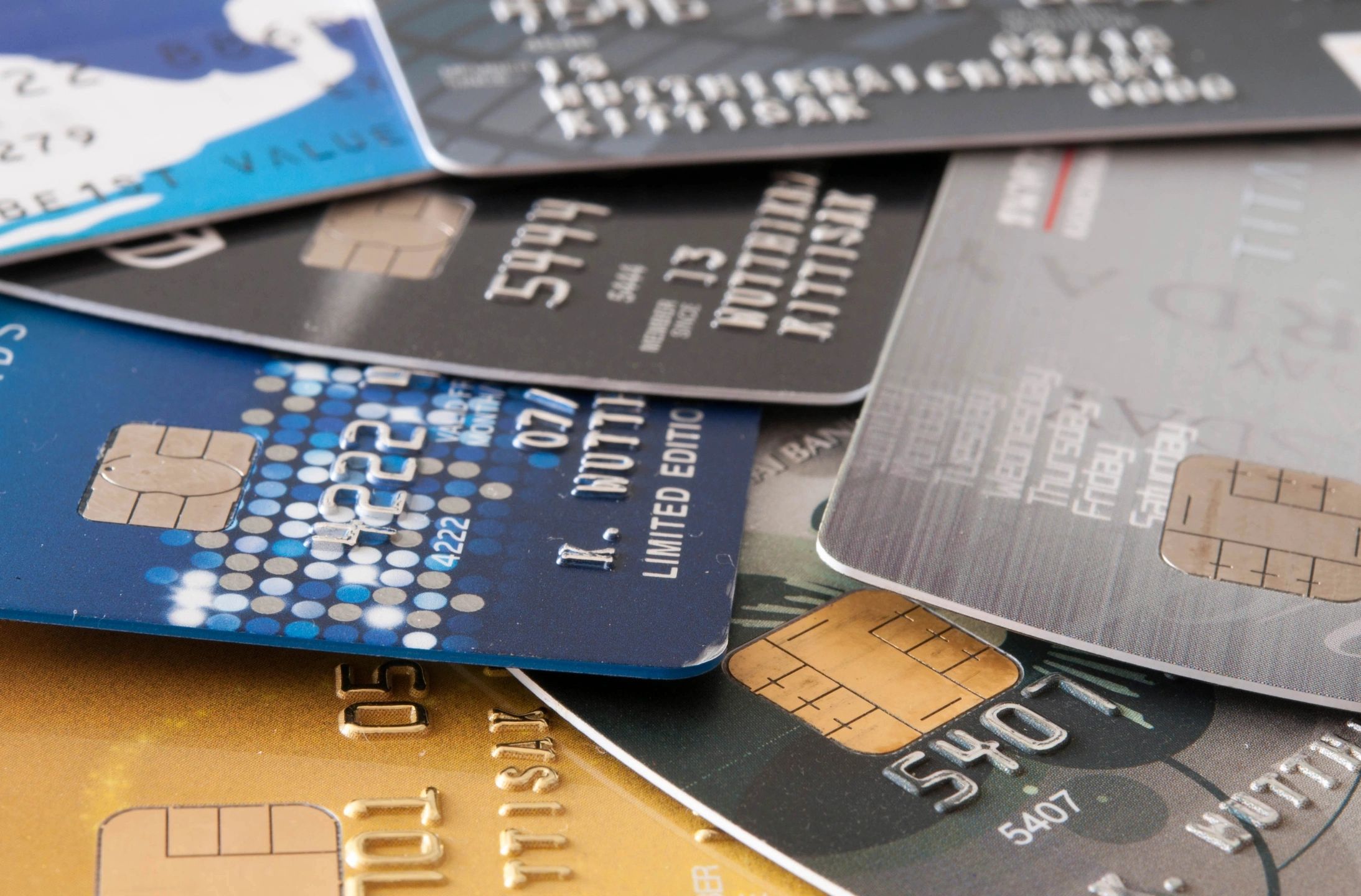Credit cards have become indispensable in today’s fast-paced, digital economy, offering a mix of convenience and temptation. Used wisely, they unlock a world of benefits that can enhance your financial life, but they also carry risks if mismanaged. Understanding the advantages and disadvantages is crucial to maximizing rewards without slipping into debt. For anyone seeking to harness the full potential of credit cards while remaining financially responsible, this article breaks down the key aspects you need to know.
The Pros of Credit Cards: Unleashing the Rewards
Convenience and Cashless Transactions
Credit cards provide unparalleled convenience. With just a tap or a swipe, they allow users to make purchases without the need for cash. The ease of carrying a card and the wide acceptance in physical stores and online platforms make them an ideal payment tool. Whether booking travel, paying for groceries, or shopping online, credit cards streamline transactions in a way that few other methods can.
Building Credit History for Future Loans
One of the most substantial long-term advantages of using credit cards is the opportunity to build a strong credit history. Timely payments and responsible usage demonstrate to lenders that you are trustworthy with borrowed funds. Over time, this can lead to favorable terms when applying for larger loans, such as a mortgage or car loan, where a strong credit score is vital.
Reward Points, Cashback, and Travel Perks
Credit cards often offer various reward schemes, turning everyday purchases into opportunities to earn points, cashback, or even travel miles. These perks can be a game-changer for those who use their cards frequently but responsibly. The key is to take full advantage of these rewards without overspending—letting your regular spending habits translate into benefits like free flights, discounted hotel stays, or straight-up cash refunds.
Protection Against Fraud
Another important perk of credit cards is the enhanced protection they provide. Most credit card issuers offer robust fraud protection policies, ensuring that cardholders aren’t held liable for unauthorized transactions. This security is especially valuable in today’s world, where identity theft and cybercrime are growing concerns. Credit cards give you peace of mind, knowing your finances are well-protected.
The Cons of Credit Cards: Navigating the Pitfalls
The Risk of Overspending and Debt Accumulation
Despite their benefits, credit cards can lead to overspending. The ease of swiping without immediately feeling the financial impact can cause individuals to live beyond their means. When credit card bills arrive, many are caught off guard by how much they’ve accumulated. Without proper control, it’s easy to slip into debt—especially when minimum payments create the illusion of affordability.
High-Interest Rates and Fees
Credit cards are notorious for their high interest rates, especially when balances are not paid in full. The average interest rate can be a financial burden for those who allow debt to roll over from month to month. Additionally, late payment fees, annual charges, and foreign transaction fees can all erode the financial benefits, turning what seemed like a lucrative rewards system into a costly endeavor.
Credit Score Impact from Mismanagement
Mismanaging credit card payments can have long-lasting repercussions on your credit score. Late payments, missed payments, or carrying too high of a balance relative to your credit limit can significantly damage your credit report. This negative impact can hinder future financial opportunities, from getting approved for loans to even affecting job prospects in some cases.
The Temptation of Minimum Payments
One of the most insidious traps of credit card usage is the option to make only minimum payments. While it may seem like an easy way out, making minimum payments prolongs debt repayment and racks up interest. Over time, what could have been a manageable balance balloons into a mountain of debt due to compound interest, making it harder to pay off.
Maximizing Rewards While Staying Debt-Free
Setting Spending Limits and Budgets
To truly benefit from credit card rewards without falling into debt, setting clear spending limits is essential. Create a budget and stick to it. Treat your credit card like a debit card—only spend what you can pay off in full each month. This discipline ensures that you’re living within your means and reaping the rewards without the downside of debt accumulation.
Paying Off the Balance in Full
Paying off your credit card balance in full each month is the golden rule of responsible credit card usage. It allows you to enjoy all the benefits, such as rewards and cashback, without being hit with interest charges. This habit also helps maintain a healthy credit score, as it demonstrates financial discipline to credit agencies.
Choosing the Right Credit Card for Your Lifestyle
Not all credit cards are created equal. It’s important to choose one that aligns with your lifestyle and spending habits. Some cards are tailored toward frequent travelers, offering miles and hotel discounts, while others might prioritize cashback on groceries or gas. Select a card that complements your routine, so you can maximize the rewards without forcing unnecessary spending.
Summary
Credit cards are a double-edged sword. They offer undeniable advantages, from building a credit history to enjoying rewards like cashback and travel perks. However, these benefits come with risks, especially the potential for debt and credit score damage. By using credit cards thoughtfully—setting clear spending limits, paying off balances, and selecting the right card—you can unlock the rewards while remaining financially secure. The key is balance: take advantage of what credit cards offer, but always stay mindful of the pitfalls.
Please like, comment, and share this article if you found it helpful and
informative.
Visit https://bigtownbulletin.com if you would like to see more of this content.
Please like, comment, and share this article if you found it helpful and
informative.
For more news check out Big Town Bulletin News
For more from Big Town Bulletin check out Big Town Bulletin


